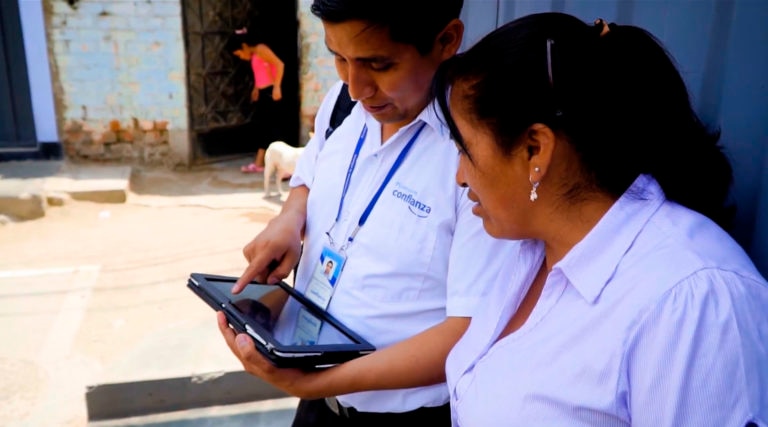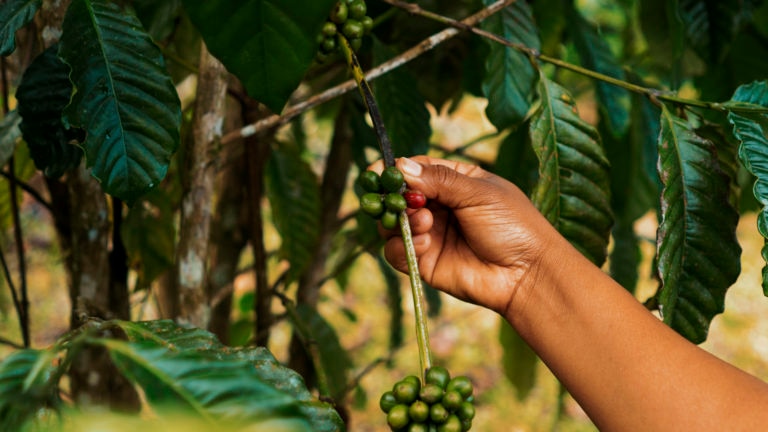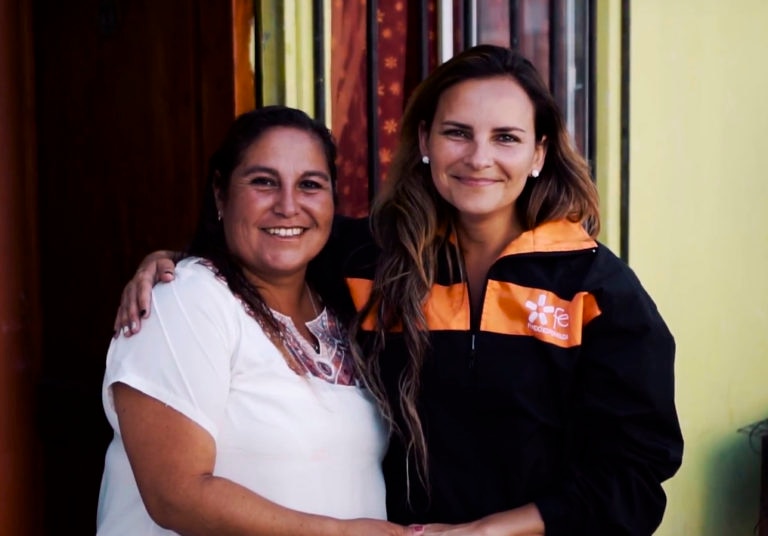Financing, technology, sustainability and data to reduce the gender gap
2020 is a crucial year for women and girls, everywhere. We celebrate the twenty-fifth anniversary of the Fourth World Conference on Women and adoption of the Beijing Declaration and Platform for Action. It also marks the five-year milestone of the adoption of the Sustainable Development Goals. This year’s 64th Commission on the Status of Women (CSW) was deemed to be the big commemoration and opportunity to reaffirm these mandates. There are still significant and pervasive gender gaps in the economic and political participation of women all over the world. Progress is sluggish and if we are serious about achieving the 2030 Agenda we must step up the pace.

Unfortunately in the wake of the COVID-19 pandemic, the CSW was scaled down to one procedural meeting and thus the General debate, interactive dialogues and NGO parallel events were cancelled.
Similar to the previous three years, the BBVA Microfinance Foundation (BBVAMF), granted special consultative status by the Economic and Social Council (ECOSOC) in 2016, planned to address the Commission during the General Discussion and four thematic interactive dialogues on financing for gender equality, technology, gender data, and climate change. BBVAMF wanted to reaffirm once again its commitment to advancing women’s economic empowerment through its programs and initiatives directed towards addressing the financial needs of vulnerable women entrepreneurs in Latin America, who represent 57% of the 2.2 million people it serves in the region. Nevertheless, the Foundation’s written statement was included in the official CSW website and is summarized below:
Financing for gender equality

The potential loss in global wealth stemming from gender equality is estimated at $160 trillion, 6 times the combined GDP of the US and China, according to World Bank. The Foundation’s experience and data illustrate that investing in women has a positive impact in achieving sustainable development and poverty reduction. They accumulate assets at a rate of 25.6%, sales and surpluses at 20% (higher rates than men) and they overcome their initial poverty levels where 4 in 10 cross the poverty threshold in their second year as clients. They reinvest in the education, health and well-being of their families.
Technology and Innovation to close the gaps

Technology can be revolutionary in transforming gender relations and facilitating the achievement of gender equality, as it has opened more opportunities for women, allowing them to bridge traditional gaps in skills training and livelihood, among others. BBVAMF relies on technology to improve access to financial services in remote areas. Among the many initiatives, they provide mobile banking solutions through an app that allows entrepreneurs to access their financial statements, transfer money and follow their payments at their convenience. This not only reduces transaction costs by lowering travel and mobility costs but also close the digital gender gaps.
Gender in the Era of Climate Change

BBVAMF also recognizes women as key environmental decision-makers at all levels and lean on them to carry out eco-friendly programs such as the Ecosystem Adaptation Measures loans implemented together with UN Environment in Colombia and the Dominican Republic, where the Foundation also offers other specific products like, Agromujer.
Gender data

With proper monitoring, it is possible to acknowledge whether we are achieving progress on Beijing commitment. Over the last eight years, the Foundation has improved the design, collection and analysis of its social impact. By establishing systems that regularly measure quantitative and qualitative performance indicators, progress can be tracked and policies can be more efficiently pursued. Thanks to this assessment, the Foundation detected how female-headed households are more vulnerable and more constrained in their business performance when compared to men in same situation. This has propelled the design of innovative solutions for this specific segment, which represents 54% of the new clients portfolio.
The 25th anniversary of the Beijing Agreement takes place in a context where no country has fully achieved gender equality. Although this public health crisis put a damper on the CSW, the momentum leading up to the CSW64 must not be paralyzed. According to the World Economic Forum, Global Gender Gap Report 2020, if we don’t keep accelerating our progress, we will have to wait 257 years before economic gender parity becomes a reality.